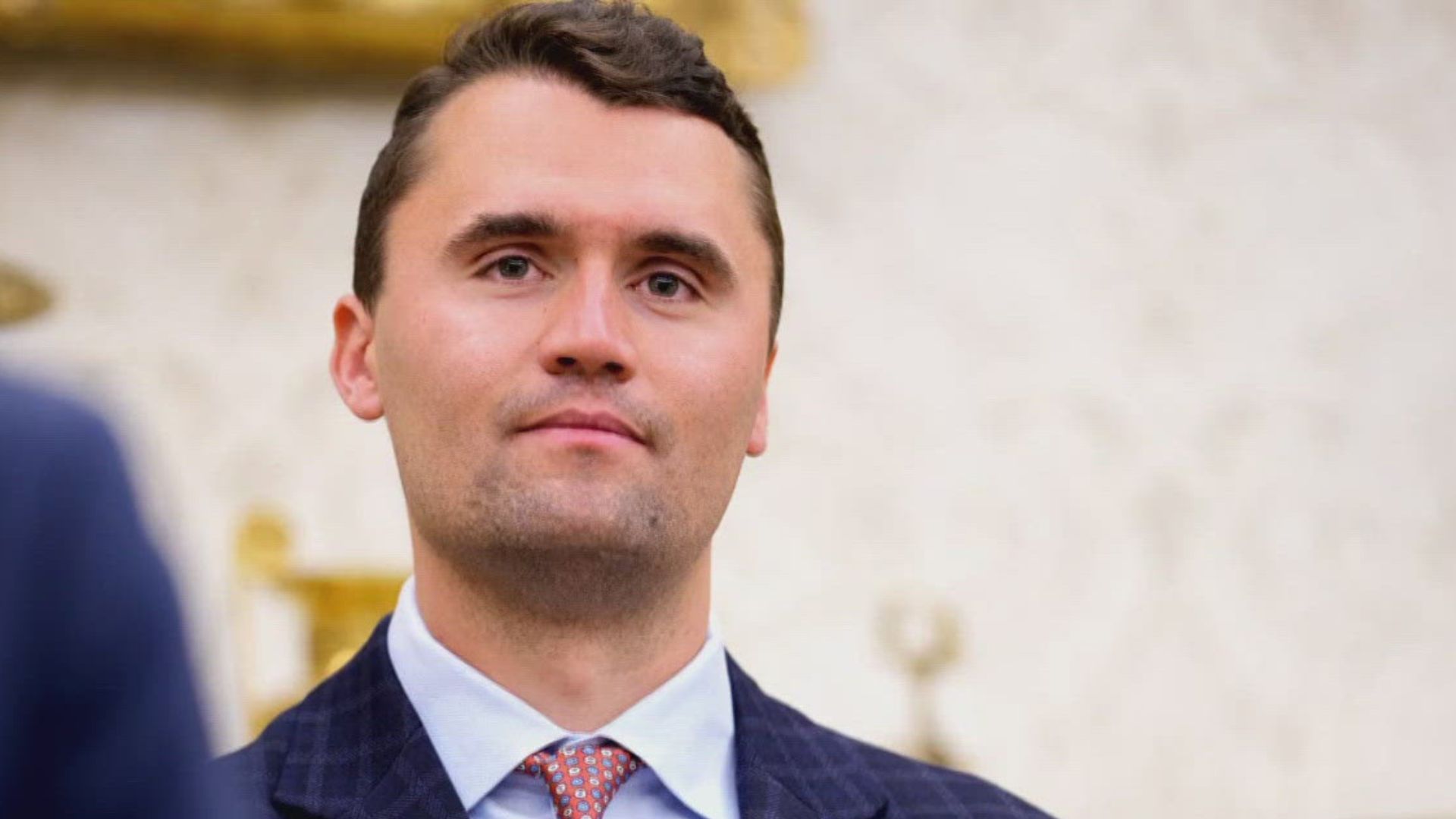Little Rock, Arkansas – The University of Arkansas at Little Rock’s Bowen School of Law has placed one of its professors on suspension without pay after she made controversial online remarks about the death of conservative commentator Charlie Kirk. The professor, Felicia Branch, criticized Kirk’s ideology in a Facebook post and described the late-podcaster as “evil,” drawing intense backlash from state officials and the public alike.
Branch’s comments specifically called out what she termed “his branch of evil” and referenced Kirk’s advocacy for guns as a contributing factor to his death. The post quickly gained attention, sparking outrage among political leaders and prompting calls for her termination. Arkansas Governor Sarah Huckabee Sanders, Attorney General Tim Griffin, and Lieutenant Governor Leslie Rutledge have publicly condemned the remarks and are demanding Branch be fired.
“Felicia Branch, an Arkansas law professor, publicly celebrated the assassination of Charlie Kirk. Her comments are vile, disgusting, and unacceptable — she must be fired immediately,” Gov. Sanders said in a post on X. The governor’s statement underscored the level of concern among state officials, framing the remarks as an affront to public decency and professional responsibility.
In response to the growing controversy, Bowen School of Law Chancellor Christina Drale issued a statement to the campus community addressing the incident and explaining the university’s approach to the situation. Drale acknowledged the complaints regarding Branch’s social media posts, noting that the comments appeared to celebrate Kirk’s death and seemed to justify political violence against individuals based on ideology.
“Dear Campus Community,” Drale began, “This morning I learned of complaints that a member of our law school faculty posted comments on social media that celebrate the death of Charlie Kirk, and that appear to justify political violence against individuals based on ideology. As a university chancellor, I support the right to freedom of expression, but I want to make it clear that I oppose such violent rhetoric in the strongest of terms.”
Drale emphasized the responsibility of educators to maintain civil discourse and uphold standards of conduct that foster a rigorous and fair-minded learning environment. “The postings I read this morning do not reflect this standard. I have spoken with Dean Colin Crawford on this matter and he emphatically agrees that these posts do not reflect the values of the Bowen School of Law,” she said.
Following the announcement, Drale indicated that President Christina Drale has requested a thorough review of the situation, stating that a formal investigation would be conducted to determine any potential actions against Branch. “Therefore, following appropriate due process, we will promptly initiate an investigation into this matter. For the duration of the investigation, the faculty member in question will be suspended with pay,” Drale explained.
The suspension without pay, however, represents a deviation from the original statement, signaling the university’s intention to take a more serious stance as the investigation proceeds. As of now, the length of the investigation remains unclear, and the criteria that will guide any disciplinary measures have not been disclosed.
The incident has sparked broader debate over academic freedom, social media conduct, and the boundaries of acceptable speech within educational institutions. While the university has affirmed its support for freedom of expression, officials have made it clear that promoting or appearing to justify political violence is incompatible with the professional and ethical standards expected of faculty members.
The controversy surrounding Branch’s remarks has drawn national attention, raising questions about how universities balance free speech with accountability, and how educators navigate politically charged commentary in a highly polarized environment. As the investigation continues, the Bowen School of Law community, state leaders, and the public await further updates on potential disciplinary action and the broader implications for faculty conduct at the institution.



















